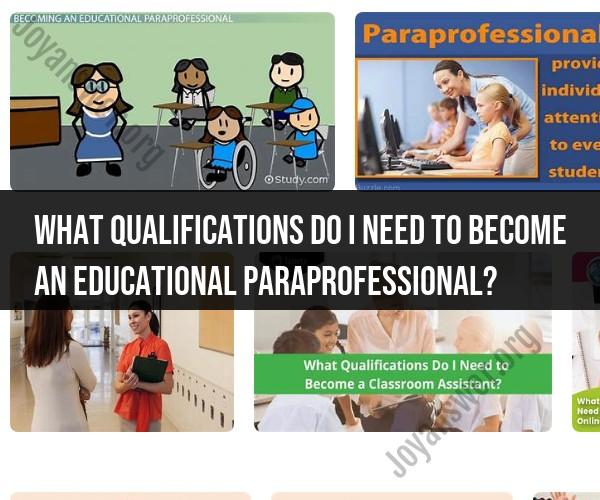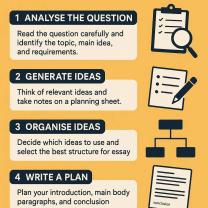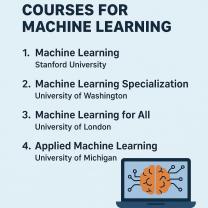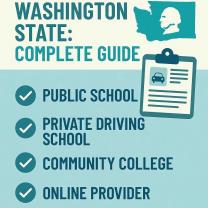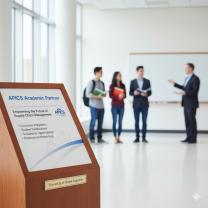What qualifications do I need to become an educational paraprofessional?
The qualifications required to become an educational paraprofessional, also known as a paraprofessional, teacher's aide, or educational assistant, can vary depending on the educational institution, school district, and the specific role within the educational setting. However, there are some common qualifications and requirements that are typically expected:
Minimum Education: Most educational paraprofessionals are required to have at least a high school diploma or equivalent (such as a GED). Some positions may require an associate degree or higher, particularly in certain specialized roles.
Background Check: Educational paraprofessionals are usually required to undergo a background check, which may include a criminal history check and child abuse clearances. A clean record is typically a job requirement.
Training: Many school districts and educational institutions provide on-the-job training for educational paraprofessionals, especially for specific roles like special education aides. Training may cover topics such as working with students with disabilities, classroom management, and instructional support.
Certification or Licensure: Some states and school districts may require paraprofessionals to obtain a certification or license. This often involves passing an assessment or exam that demonstrates knowledge and competency in assisting with instruction.
Experience: While not always required, having relevant experience working with children, whether in a school or other childcare setting, can be beneficial and may make you a more attractive candidate.
Specialized Skills: Depending on the specific position, there may be a need for specialized skills or knowledge. For example, if you are working with students with disabilities, you may need training in special education practices.
Strong Communication and Interpersonal Skills: Effective communication and the ability to work well with teachers, students, and parents are essential qualities for a paraprofessional.
Patience and Empathy: Working with students, especially those with diverse needs and backgrounds, requires patience, understanding, and empathy.
Physical Stamina: Educational paraprofessionals may need to assist with physical tasks, such as helping students with mobility issues or managing classroom materials.
CPR and First Aid Certification: Some positions may require CPR (Cardiopulmonary Resuscitation) and first aid certification, especially if you are responsible for the health and safety of students.
It's important to note that educational paraprofessional requirements can vary by location and school district, and they may change over time. If you are interested in pursuing a career as an educational paraprofessional, it's advisable to check with the school district or educational institution where you intend to work for the most up-to-date information on their specific qualifications and requirements.
Educational Paraprofessionals: Qualifications and Roles
Educational paraprofessionals are support staff who work under the supervision of licensed teachers. They play a vital role in the education of students of all ages and abilities. Paraprofessionals may work in a variety of settings, including public schools, private schools, and early childhood education centers.
Qualifications for educational paraprofessionals vary from state to state, but typically include:
- A high school diploma or GED
- Some college coursework or an associate's degree (preferred)
- Experience working with children or in an educational setting
Paraprofessionals may perform a variety of tasks, including:
- Providing one-on-one or small group instruction to students
- Assisting teachers with classroom management and lesson planning
- Working with students with special needs
- Grading papers and providing feedback to students
- Supervising students during recess and other non-instructional time
Educational Requirements for Paraprofessionals
The educational requirements for paraprofessionals vary from state to state. However, most states require paraprofessionals to have a high school diploma or GED. Some states also require paraprofessionals to complete some college coursework or an associate's degree.
In addition to educational requirements, many states also require paraprofessionals to pass a background check and complete a training program. The training program may cover topics such as classroom management, instructional strategies, and working with students with special needs.
Certification and Licensing for Paraprofessional Positions
Some states require paraprofessionals to be certified or licensed. Certification and licensing requirements vary from state to state. However, most states require paraprofessionals to pass a competency exam in order to be certified or licensed.
Gaining Experience and Skills in Education
There are a number of ways to gain experience and skills in education. One way is to volunteer or work as a teacher's aide in a public or private school. Another way is to work in an early childhood education center. You can also gain experience by working in a tutoring center or after-school program.
Advancing Your Career as an Educational Paraprofessional
There are a number of ways to advance your career as an educational paraprofessional. One way is to pursue a bachelor's degree in education. This will allow you to qualify for teaching positions and other higher-paying paraprofessional positions.
Another way to advance your career as an educational paraprofessional is to specialize in a particular area, such as special education or early childhood education. You can specialize by taking additional coursework or completing a certificate program.
You can also advance your career as an educational paraprofessional by taking on leadership roles within your school or district. For example, you could volunteer to be a mentor to new paraprofessionals or serve on a school committee.
Here are some additional tips for advancing your career as an educational paraprofessional:
- Stay up-to-date on the latest educational research and best practices.
- Network with other paraprofessionals and educators.
- Be willing to take on new challenges and responsibilities.
By following these tips, you can have a successful and rewarding career as an educational paraprofessional.
